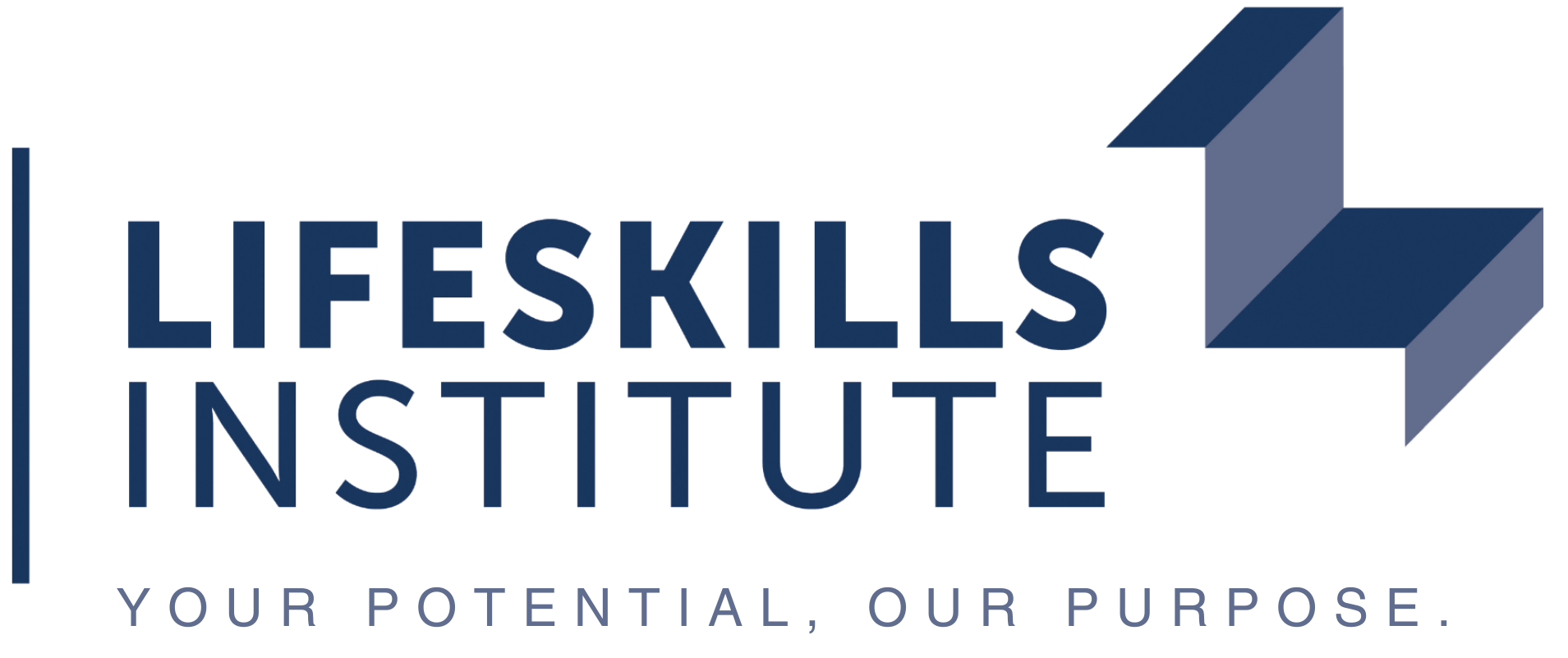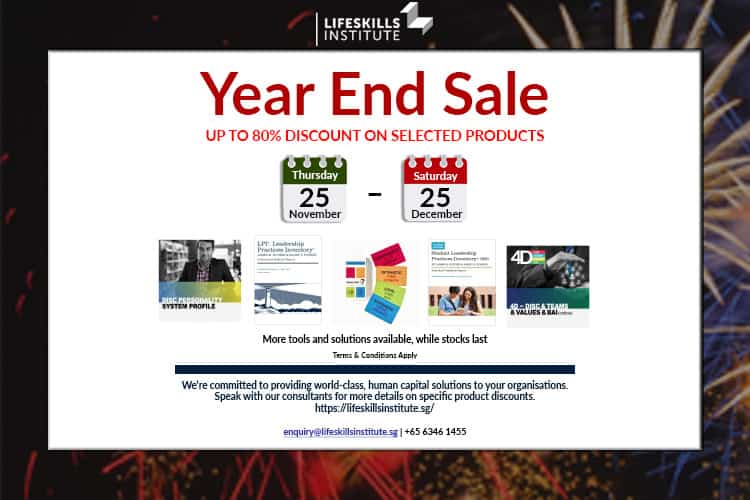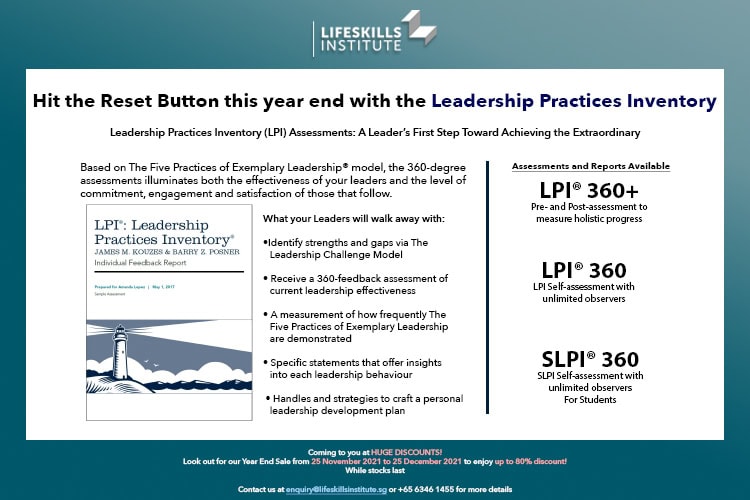No one likes to give negative feedback, but everyone wants to hear it. It’s a paradoxical truth.
What employees find helpful to improve their work performance is for their managers to provide corrective feedback – appropriately delivered.
Based on data by Zenger Folkman from 899 individuals – 49% from the United States of America (US) and the remaining from outside of the US – it was found that people want corrective feedback IF it is provided in a constructive manner. Out of every four individuals, three believe corrective feedback does even more to improve their performance than positive feedback.
Zenger Folkman describes feedback as “any conversation designed to convey a message that one person believes to be important for another person to hear.”
Corrective feedback refers to suggestions for improvement, explorations of new and better ways to do things, or pointing out something that was done in a less that optimal way. Positive feedback includes praise, reinforcement, and congratulatory comments.
When delivered thoughtfully, feedback is a powerful vehicle for building trust, and ultimately, your leadership effectiveness. Source: Unsplash
Source: Unsplash
Impact of a no feedback culture
What would it be like if there was no feedback culture in the organisation?
What would it be like when it comes to wage adjustments and promotions? What if no direction or guidelines were given on a project and later you find out through the grapevine that your supervisors were not satisfied with your work? What are the consequences when a team member constantly misses project deadlines? How is the organisation impacted if the leadership team does not address these issues?
It can lead to feelings of betrayal that fuel toxic work environments. And as you repeatedly experience these things, you begin to feel like your work isn’t important, that management is not concerned about you or your success, or that you are being set up to fail. These feelings then lead to employee disengagement.
A toxic work environment is further enhanced if the leaders, managers and team members call out others when a mistake is made, shift the blame from one team member to another or provide only negative input to an action or process.
Source: Unsplash
Feedback & trust building
Trust building experts and consultants, Reina Trust Building®, highlight 3 symptoms of trust erosion in the workplace: gossip, breaking confidentiality and getting even. How is this related to giving feedback? Let’s take a look at an example.
Rather than addressing a performance issue directly with an individual, team members discuss it with everyone else.
“He’s constantly not delivering up to par work and never on time too. Wonder when he’s gonna get fired.”
“Well, he’s on the boss’ good side, so that ain’t gonna happen.”
“That’s not fair, if he misses the deadlines, my team has to work overtime to deliver on the project. The holidays are coming and I don’t want to be working through it. My wife and kids will be very upset!”
“He’s not married, so it wouldn’t bother him if he has to work over the holidays. Maybe that’s why he’s slacking. He feels he has the time…”
“Well in that case, I ain’t gonna give him the data he needs to churn out the next reports. I’ll just delay getting them to him.”
And so the gossip grapevine grows. A tit-for-tat behaviour begins, and may even continue to grow if not addressed. Negative feelings and distrust grow. The latter then becomes a stronghold and team members start not to work well together. People start to watch what they say, stop sharing information and ideas and start getting stressed.
If a feedback process is in place, there are less chances of the gossip grapevine being nourished and for team members to spend time looking for ways to get even.
However, if the process is in place but the feedback conversations are not kept confidential, this again creates room for misunderstandings and distrust within the team. So keep those feedback conversations confidential.
What then is created is a culture of trust in the workplace which impacts the team’s effectiveness as they work better together.

Source: Unsplash
Gift packaging feedback
Most people desire corrective feedback and believe that it does improve their performance. But it needs to be provided in a constructive and helpful manner.
We’ve heard the saying that feedback is a gift. When we present a gift to someone, we have the person’s needs, desires and likes in mind. We put in effort to package the gift carefully as well.
Have that in mind when delivering feedback – it will be worth your time and effort to place yourself in the receiver’s frame of mind. It will build trust in your team and your organisation.
If you are keen on learning how to equip yourself and your team leaders with skills on providing feedback, or be coached in this area, get in touch with us. We’ll be happy to start a discussion with you.
©Published by Lifeskills Institute Pte Ltd
Lifeskills Institute is a Certified Trust Practitioner of the Reina Team Trust Scale by Reina, A Trust Building® Consultancy.
Reina, A Trust Building® Consultancy focuses on the comprehensive study of trust-building: defining it with measurable benchmarks and applying that knowledge to organisations so people and workplaces can thrive.



 Source: Unsplash
Source: Unsplash Source: Pexels
Source: Pexels Source: Unsplash
Source: Unsplash




 Source: Zenger Folkman
Source: Zenger Folkman

 Source : Unsplash
Source : Unsplash















